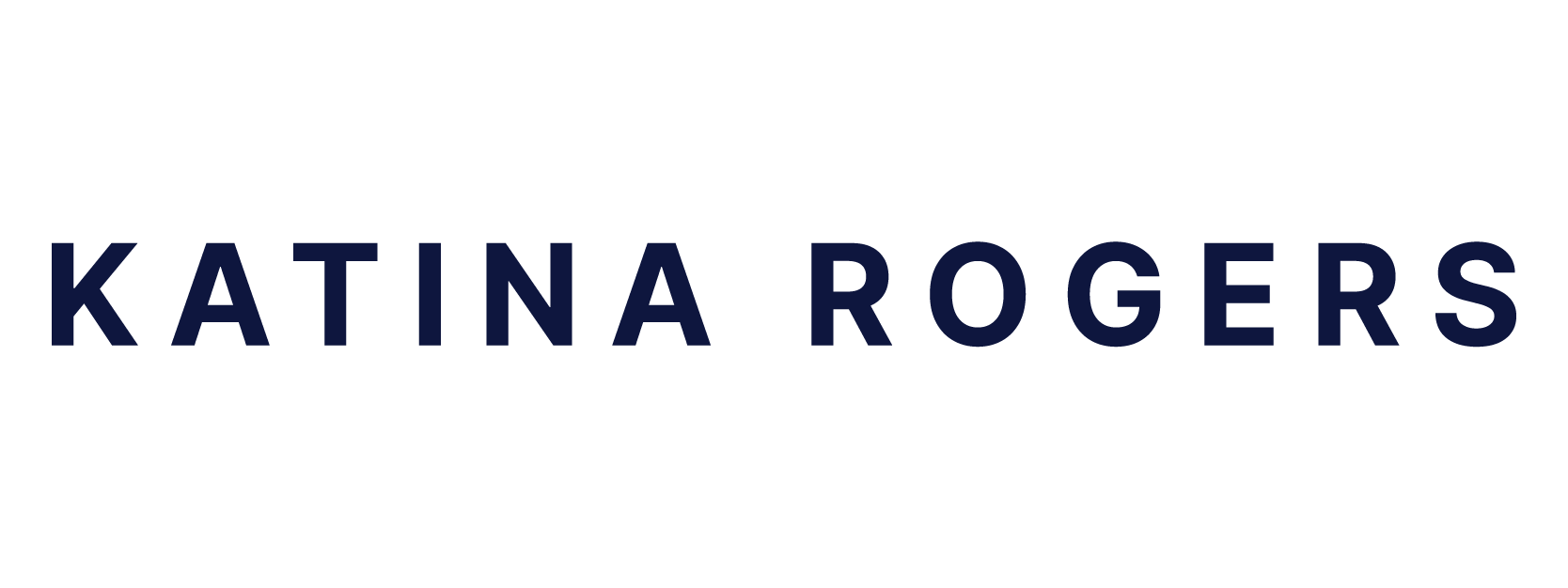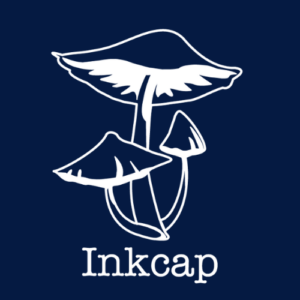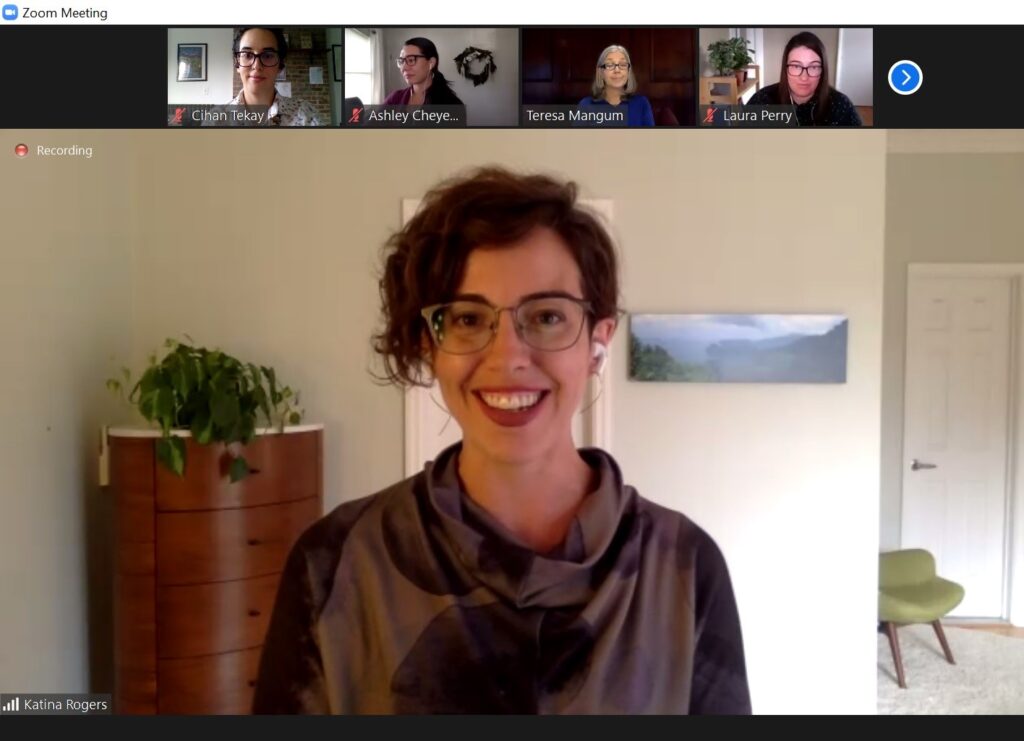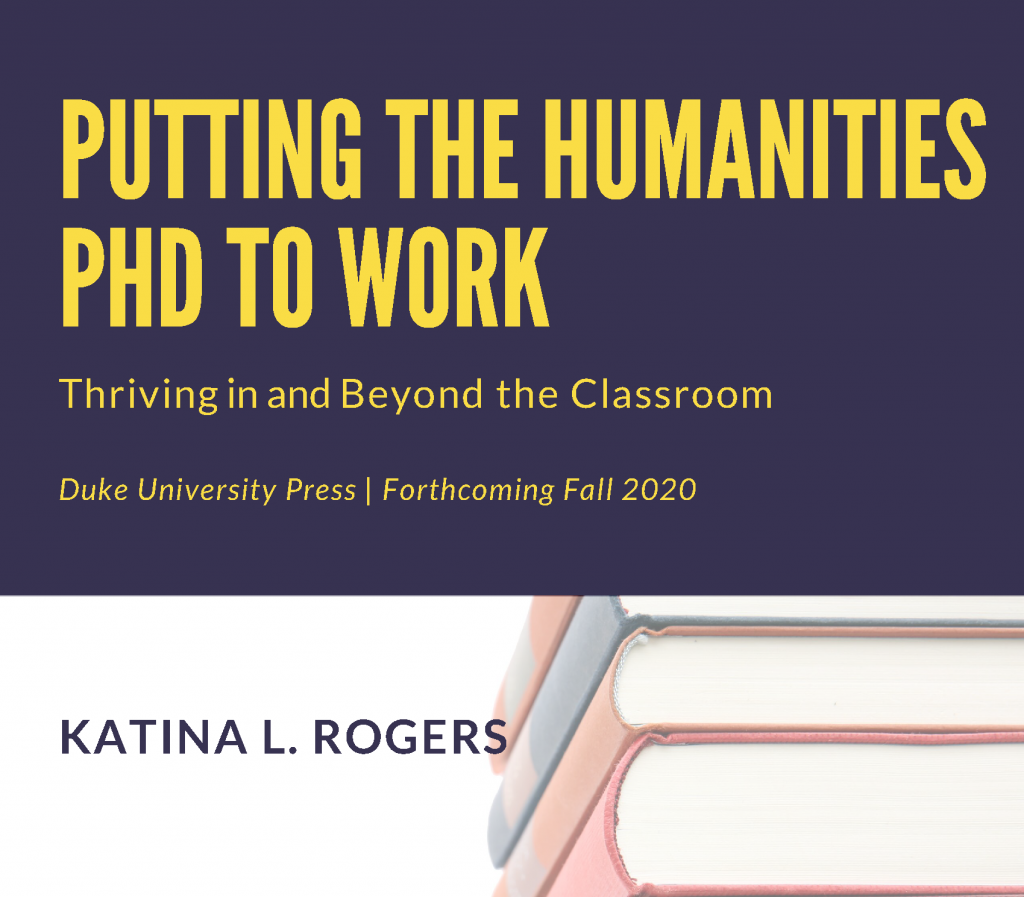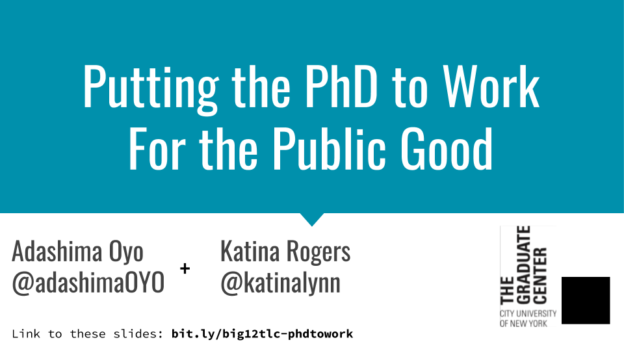I waited to name my consultancy after stepping out on my own, wanting to find something that felt just right. Now that the contours of this space are taking shape, I’m delighted share its new name…
Starting today, I’ll be using Inkcap Consulting for my solo work, and Inkcap Collective for this space. Big big thanks to my friend Andrea Scott for designing the fabulous logo!
There are so many connotations that I love in this name. On its surface, it suggests writing—and not only writing, but writing in ink, writing with confidence. And it also suggests pausing, using the pen’s cap as a way to take breaks, stop, refresh.
But! There’s more. Inkcaps (or inky caps) are a type of mushroom that exude thick, dark droplets from their caps toward the end of their lifecycle. The substance has been used to make ink; the spores are visible under a microscope, so documents that use the ink are difficult to forge.
Inkcaps are decomposers, creating new life from dead logs and other detritus. They are strong enough to push through asphalt. And, as fungi, they are so much more than the visible fruiting bodies; their underground networks of mycelium form critical components of a networked and collaborative ecology.

Finally, mushrooms imply noticing. I love being in the woods and looking for mushrooms. I love the ways that mushrooms draw my eye down and in, while trees and birds and light draw it up and out. Being in the forest means those two impulses are present and in a beautiful tension—I can’t look for a songbird and a mushroom at the same time. Noticing requires a pause, a spaciousness. How can such noticing help to interrupt the kind of numbness that can come with familiarity? In what ways does instability—like the massive societal instability we are facing now—make it possible to notice differently? Maybe that pause can be an act of resistance.
So: I hope the name turns out to be generative, an opening to think together as patchy assemblages in imperfect landscapes. Join me in seeking ways to work and think that are sometimes weird but always communal, quiet, powerful, spacious.
